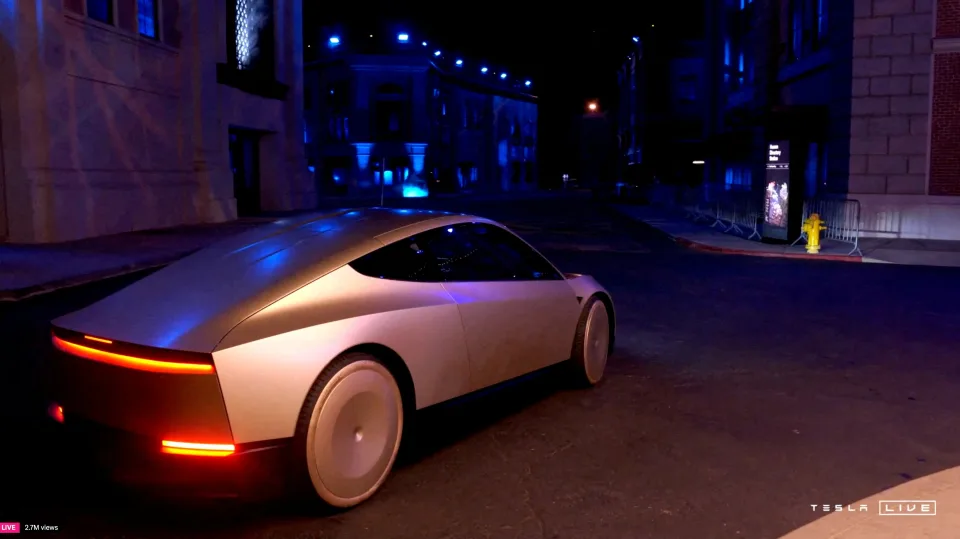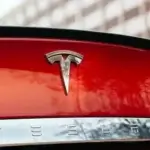Tesla CEO Elon Musk’s high-profile support for Donald Trump’s re-election is paying off for shareholders, with Tesla stock surging amid Trump’s victory. However, investors are speculating about what Musk’s relationship with the new administration will mean for Tesla’s future in an evolving political landscape.
Musk, the world’s wealthiest individual, backed Trump both vocally and financially, with a staggering $43.6 million contribution to America PAC in October. Musk’s total political spending has now surpassed $132 million, positioning him among the most influential financial backers of the GOP. In response, Trump hinted at a potential role for Musk in his administration, suggesting that Musk could head a government efficiency commission.
During his victory speech, Trump praised Musk as a “super genius” deserving of protection, solidifying their alliance. Despite this praise, their relationship has seen past tensions, with Trump previously criticizing Musk’s reliance on government subsidies, and Musk once questioning Trump’s suitability for office.
Musk’s support for clean energy contrasts with Trump’s commitment to expanding fossil fuel production, but Musk’s leanings toward free speech and deregulation have aligned him with Trump and the GOP. Musk’s loyalty solidified following a July assassination attempt on Trump, after which Musk posted his endorsement of Trump’s recovery.
Tesla investors are keenly watching the implications of Musk’s alliance with Trump, particularly regarding EV policies. The Biden administration’s Inflation Reduction Act introduced substantial incentives for EVs, including a $7,500 consumer tax credit, which could be rolled back under a Trump administration. Trump has previously labeled EVs as a “hoax,” but he softened his stance following Musk’s endorsement, stating, “I have to be [for electric cars]… because Elon endorsed me very strongly.”
Analysts predict Trump’s policy changes may reduce or eliminate federal support for EVs, potentially challenging many EV makers, but giving Tesla an edge. “Tesla’s scale could help it thrive without subsidies, especially as tariffs on Chinese EVs protect U.S. markets,” noted Wedbush analyst Dan Ives, who forecasts a Trump win could add $40-$50 to Tesla’s stock and push its market cap beyond $1 trillion by 2025.
Moreover, regulatory shifts could benefit Tesla’s autonomous driving ventures. CFRA analyst Garrett Nelson suggests that a Trump administration might expedite regulatory approvals, accelerating Tesla’s robotaxi ambitions.
While Trump’s administration may realign the EV market, Musk’s political bet appears to strategically position Tesla to navigate upcoming shifts in U.S. energy and transportation policy.





